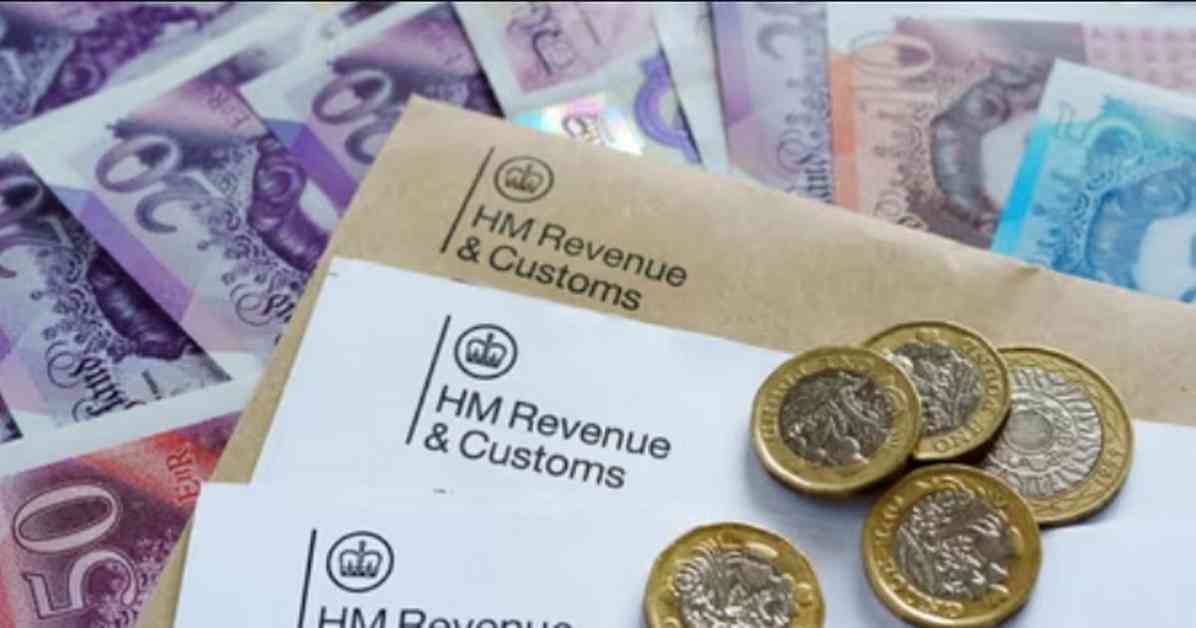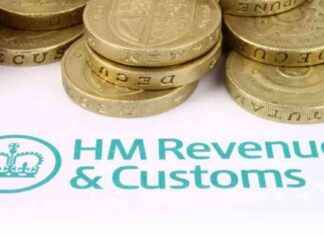Understanding the HMRC Warning for Couples with £1,000 in Joint Bank Account
The HM Revenue & Customs (HMRC) has issued a warning to couples who have £1,000 in interest sitting in joint bank accounts. This warning comes as analysis of HMRC data from AJ Bell reveals an alarming trend of basic-rate taxpayers being hit with tax on their savings. The number of individuals affected is expected to reach nearly 1 million people, a significant increase from just half a million in the previous tax year.
Furthermore, the data indicates that approximately 2.1 million Britons are anticipated to pay tax on their savings this year, marking a sharp rise from around 650,000 individuals just three years ago. This surge in the number of people being taxed on their savings is a cause for concern, especially for couples with joint accounts where interest is split equally between partners.
The Personal Savings Allowance: A Closer Look
The Personal Savings Allowance (PSA) is a key component in determining how much tax individuals are required to pay on their savings interest. For basic-rate taxpayers, the PSA allows for £1,000 in interest to be earned tax-free. Higher rate taxpayers are entitled to a £500 tax-free allowance, while additional rate taxpayers receive no exemption.
Laura Suter, director of personal finance at AJ Bell, emphasized the significance of the PSA in the current tax landscape. She noted, “Previously, the majority of people didn’t need to worry about paying tax on their savings, as interest rates were low and the Personal Savings Allowance was sufficient to cover most people.”
Implications for Couples with Joint Accounts
Interest earned in joint names accounts is typically split equally between the account holders, with each partner receiving 50% of the taxable interest. This arrangement can sometimes result in couples unknowingly exceeding their PSA limits and being subject to tax on their savings.
For example, a joint savings account that generates £1,000 in interest annually would be divided so that each partner has £500 of interest to count towards their Personal Savings Allowance. This setup could potentially catch couples off guard, as they may not have realized they were accumulating taxable interest.
Ms. Suter advised, “If one half of a couple is a lower earner, and therefore in a lower tax bracket, it could make sense to transfer the savings into an account in their name. This way, any taxable interest will be subject to a lower tax rate. Additionally, if one partner has not utilized their full Personal Savings Allowance, transferring savings into their name can maximize their tax-free amounts.”
It is crucial for couples to be mindful of their tax liabilities and take proactive steps to manage their savings to avoid unexpected tax bills. Ms. Suter warned, “For those taxed under PAYE, HMRC will calculate any tax due based on information provided by banks and building societies. This could result in a deduction being made from their payslip each month, often before they are aware of owing any money to the taxman.”
In conclusion, couples with joint bank accounts holding £1,000 in interest should pay close attention to their tax obligations and consider the implications of the Personal Savings Allowance on their savings. By staying informed and taking appropriate measures, individuals can effectively manage their savings and minimize their tax liabilities.



























